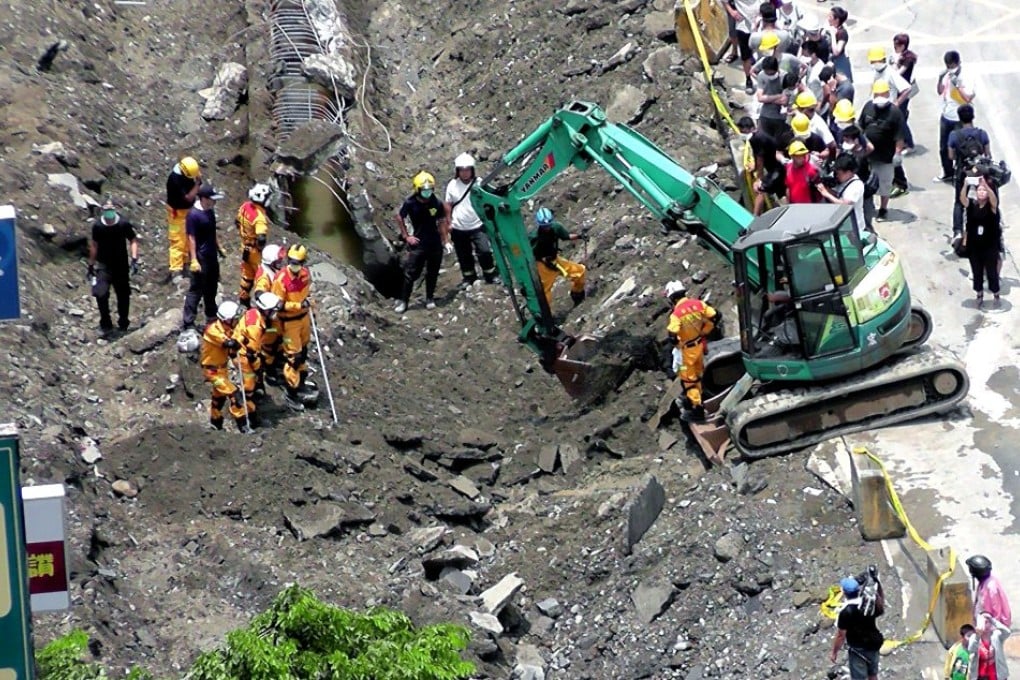More lives saved with bottom-up approach to disaster relief
Hong Kong citizens were shocked by the disasters on the mainland and in Taiwan in the last few weeks.

Hong Kong citizens were shocked by the disasters on the mainland and in Taiwan in the last few weeks. These included a 6.5-magnitude earthquake striking Ludian county in Yunnan, killing more than 600 people, a car wheel factory explosion in the city of Kunshan, Jiangsu, which killed 75 and left 180 injured, and underground gas pipeline explosions in central Kaohsiung, which left 30 people dead.
Further afield, there is the worst-ever Ebola epidemic that has so far claimed more than 1,100 lives across West Africa and threatens to spread globally via air traffic.
Areas having inadequate preparedness against disasters are particularly vulnerable. To reduce the impact of disasters, national and international frameworks were set up in the previous decade, such as China's National Master Plan for Responding to Public Emergencies in 2006 and the UN's 2005 Hyogo Framework for Action. These frameworks often take a top-down approach, overseen and enforced by governments to ensure that information and action eventually trickle down to local communities. A bottom-up approach focusing on the opportunities for individuals and communities to take more responsibility could help save even more lives.
This bottom-up approach of preparedness building is made possible by the spread of the internet, which provides a cost-effective tool to disseminate essential knowledge about disasters and associated health risks.
Since its launch in mid-June, 749 students have enrolled, with 347 from Hong Kong. This shows a great demand for disaster information locally and globally. Hong Kong has the potential to develop into a regional hub for disseminating this knowledge. The CCOUC has assumed the role of China coordinator for the Geneva-based Sphere Project, formed by major global humanitarian agencies to promote its internationally recognised sets of minimum standards in humanitarian response in the country.